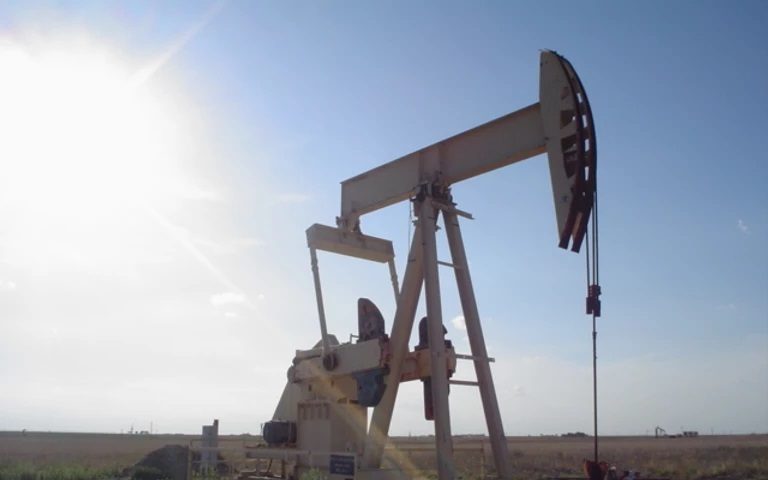By the way, check out our new website. We think it is pretty neat and we would like your feedback.
WE’RE BACK!
After a very unpleasant downturn, oil and gas companies are resuming exploration and production activities – thank heavens! So now for our annual admonishment – when you secure a title opinion, you need to review and satisfy the title opinion requirements!
BY WAY OF BACKGROUND
Title opinions are, by definition, just that – opinions. And all opinions are predicated upon facts and assumptions.
The chain of title in the public records is a fact – but a lot of other things are not, including:
- Have prior oil and gas leases (fee simple determinable estates) lapsed for lack of operations or production?
- When three people sell someone’s (who looks to be a parent) interest, are they indeed the children and the only children of that someone? And, what happened to the spouse of that someone?
- Have mortgages and liens been released?
- Who is in actual possession of the real estate at issue, and, for how long?
- Have all the taxes attributable to the real estate been paid, and, if not, how big is that tax liability?
Then, there are other issues to consider, namely, are you aware of the specific terms and obligations in the oil and gas leases that will govern your operations?
So, in summary, title examiners (lawyers) make a lot of requirements.
YOU NEED TO ADDRESS THESE REQUIREMENTS!
- If there are outstanding oil and gas leases that have been perpetuated by operations elsewhere, then after you drill your well, you will own a whole lot of nothing!
- Gathering estate proceedings and heirship affidavits are essential. Heirship affidavits do not trump probated wills – and in Texas, and most every other state, you can choose to dispose of your property by other means than leaving it, ratably, to your children. And if there are unleased owners then, again, you may wind up drilling a well and owning a whole lot of nothing!
- Watch out for outstanding mortgages and liens. Hey, creditors want to be paid! So, if you drill an oil well and there is a creditor out there, there is a real risk that your revenue stream will be adversely affected or, depending on the circumstances, you may wind up owning a whole lot of nothing!
- Adverse possession is alive and well in Texas, and for innumerable reasons an on-site investigation of the property is always good practice. You will be surprised what such an investigation will reveal, and a good possession affidavit (far preferable to a landman statement or other unsworn statement) often reveals interesting and helpful information. In addition to the risk of losing your leasehold because the record title owner of the land has had his title taken away by adverse possession, you should also be aware that there are state laws restricting the siting of oil and gas wells near existing structures – so this is doubly important for your drillsite tract.
- Like creditors, taxing authorities like to be paid. And government entities add significant interest and penalties to late paid taxes – and don’t count on government entities waiving their statutorily entitled interest and penalties merely because you are a nice guy – governments need/want money, and they will collect whatever they can – including those outrageous interest and penalty charges. So, again, failure to check for delinquent taxes can result in your revenue stream being diminished and in some extreme instances you may wind up owning a whole lot of nothing. Oh, by the way, most oil and gas leases allow the lessee to retire outstanding taxes and recover these payments out of the royalty stream. So, why not.
IN CONCLUSION
Courts in Texas are notoriously unsympathetic to oil companies that don’t get good title opinions and don’t secure the necessary curative material. This is not an area of activity where “cutting corners” is a good idea. You may get away with it from time to time, but for those instances where you do not, the losses can be substantial.
Also, talk with your title examiner about the leases that will govern your activities. Years ago, most leases were printed on a standard form – now that virtually never happens. Make sure, therefore, that there is a clear delineation as to who is responsible for understanding the terms of your leases – you or the examiner. I suspect much unnecessary expense is spent by title examiners pointing out unusual lease provisions in your leases of which you are already aware.
As your title examiners, we only write title requirements that are essential, and we are always ready to assist those tasked with satisfying the requirements. Let us help you avoid disastrous consequences!
by Jack M. Wilhelm
Edward Wilhelm and Jack Wilhelm provide tremendously high value legal assistance to many very desirable clients.
THE WILHELM LAW FIRM, 5524 Bee Caves Road, Suite B5, Austin, TX 78746; (512) 236 8400 (phone); (512) 236 8404 (fax); www.wilhelmlaw.net
DISCLAIMER: The information on this site is not intended to and does not offer legal advice, legal recommendations, or legal representation on any matter. You need to consult an attorney in person for legal advice regarding your individual situation.

